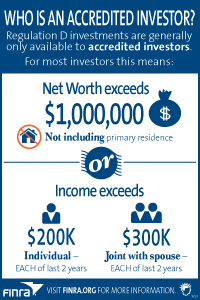Darrell G. Frazier (Frazier) was recently barred from the securities industry by the Financial Industry Regulatory Authority (FINRA) over allegations that Frazier made fraudulent statements in the sales of variable annuities. Frazier is also alleged to have made unsuitable variable annuity sale recommendations to customers.
Frazier first became registered with a FINRA member firm in March 1988. Frazier was registered with Park Avenue Securities LLC from July 2002 through June 2010. From August 2010 through May 2011, Frazier was associated with MML Investors Services, LLC.
FINRA alleged that from 2004 to at least 2009, Frazier made materially false and misleading statements in connection with recommending customers purchase variable annuity products issued by Guardian Insurance & Annuity Company, Inc. A variable annuity is a contract where an insurance company agrees to make periodic payments to an investor either immediately or at some future date. The purchase of a variable annuity contract either involves a single purchase payment or a series of purchase payments.
 Securities Lawyers Blog
Securities Lawyers Blog


